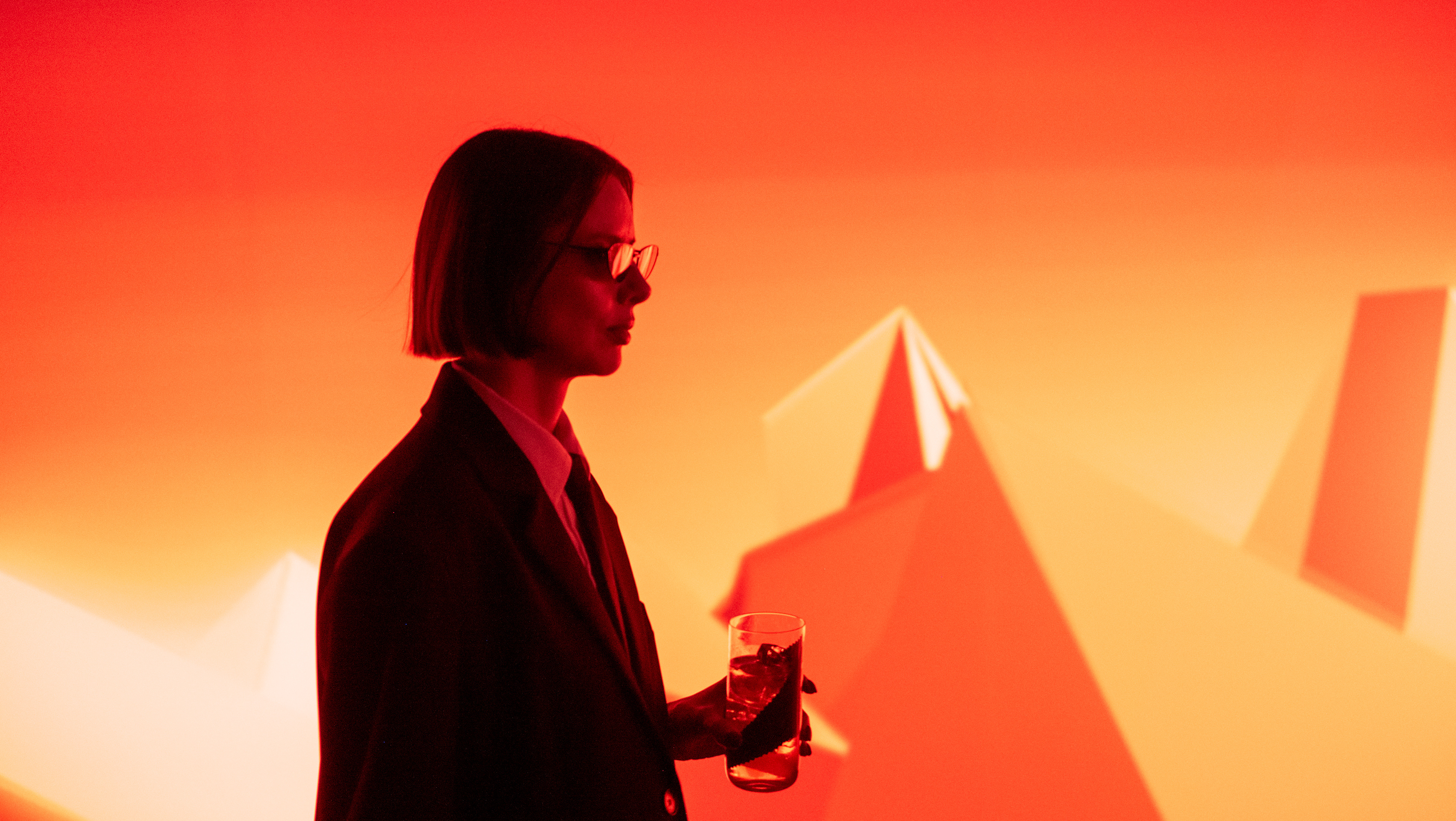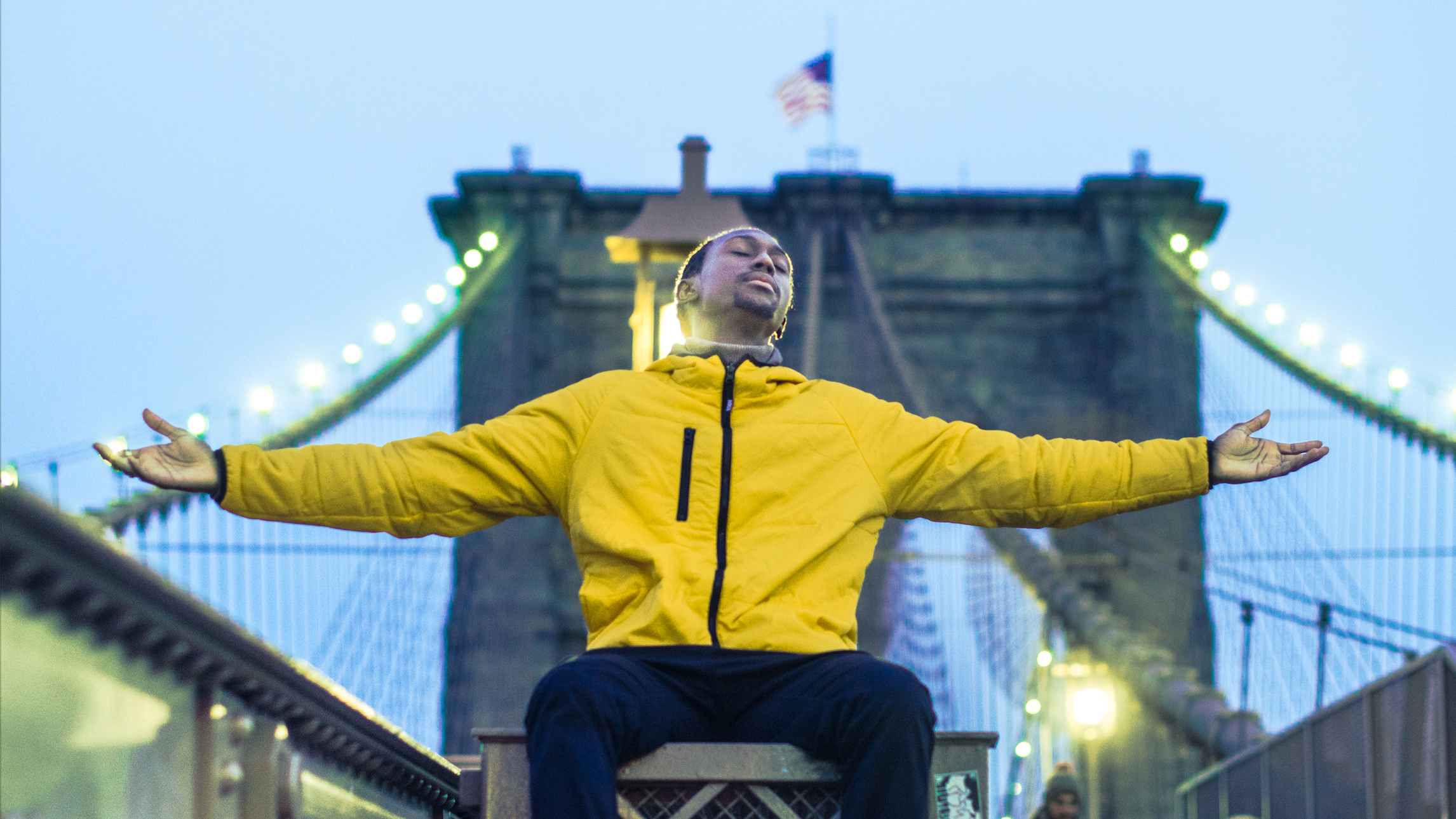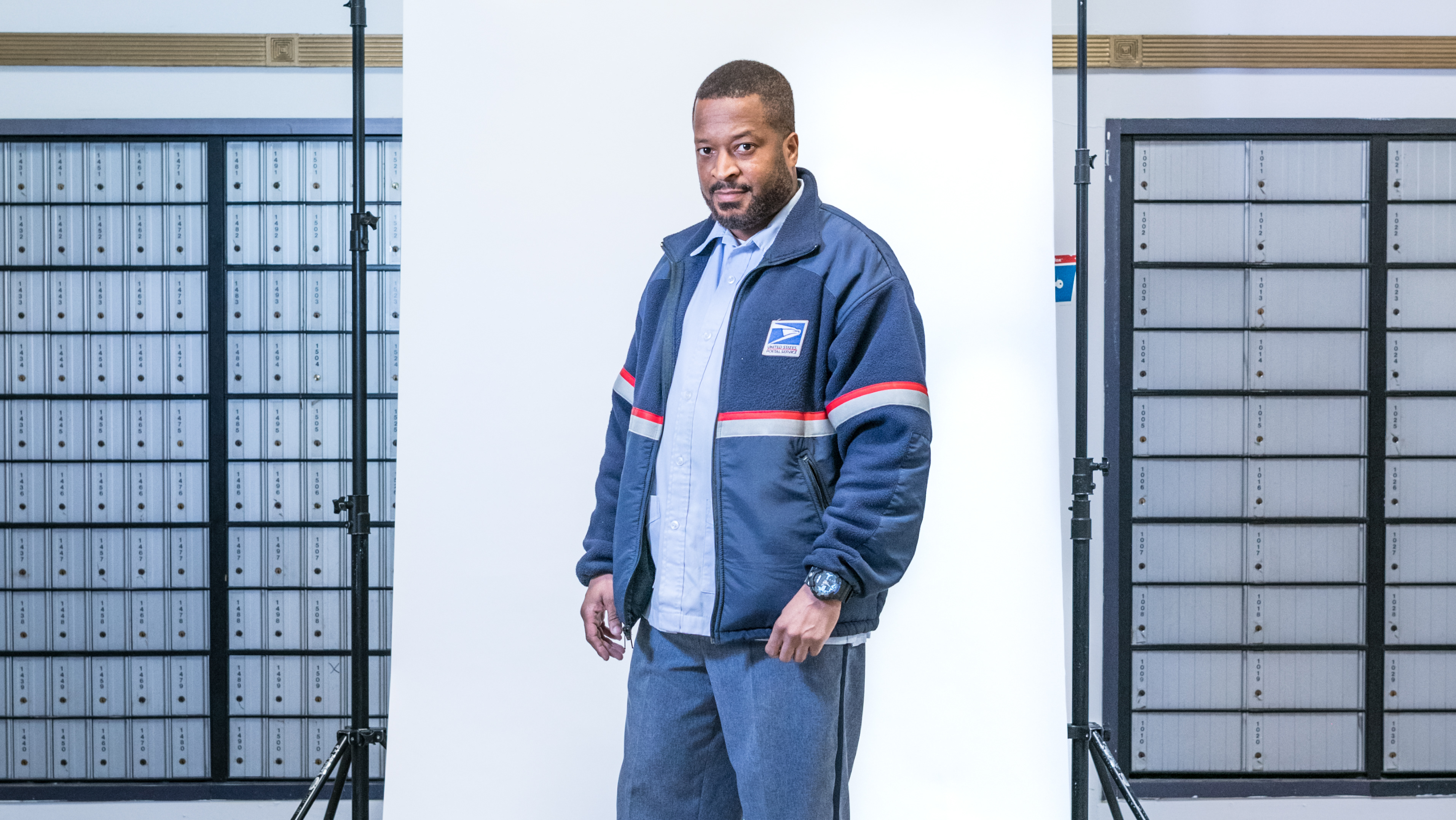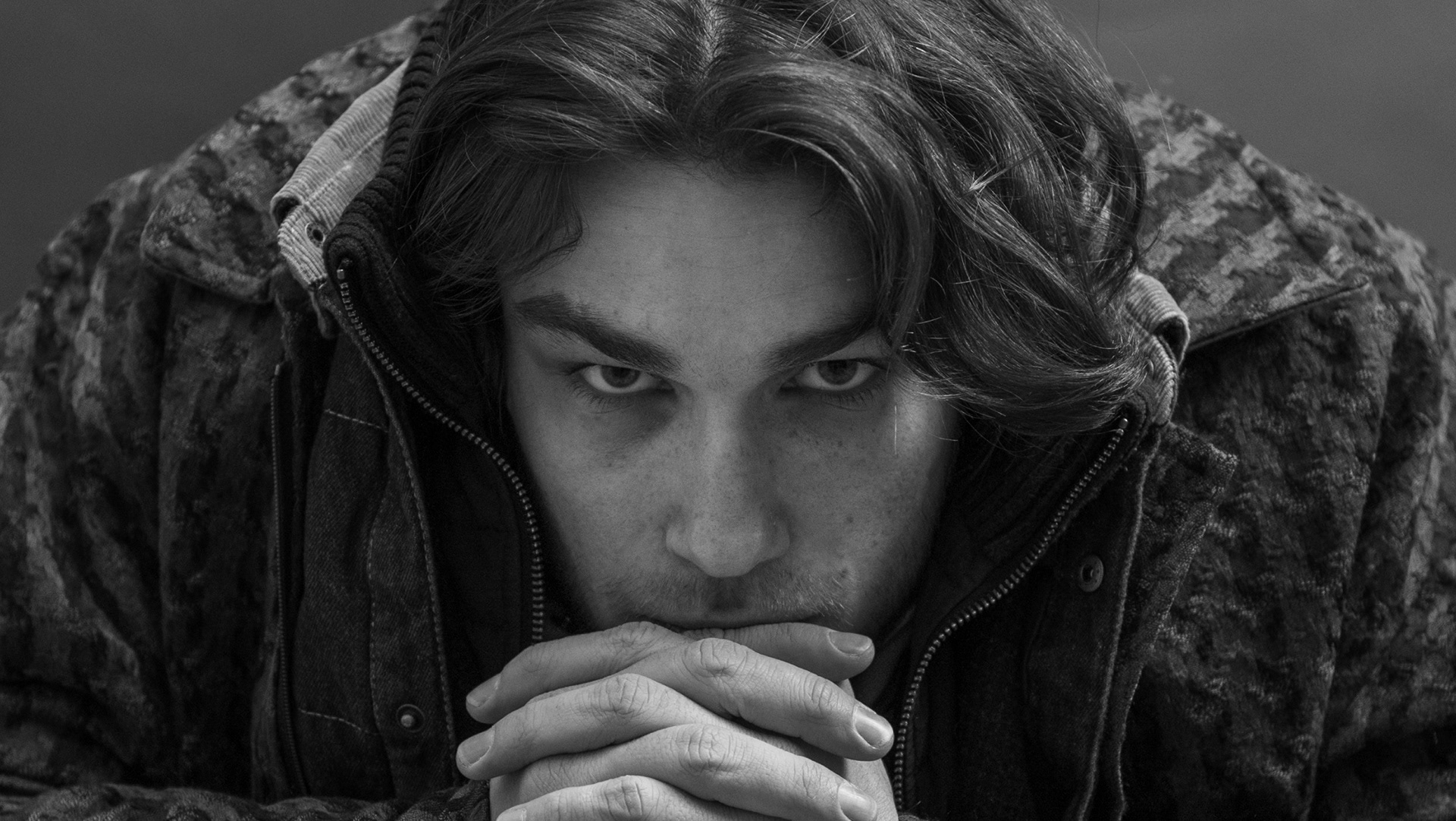Excerpts of this project are on view as a community story with Lost and Found, an exhibition at the Wing Luke Museum (Seattle, WA) through November 2026.
In this ongoing project, I explore the legacy of my great-grandfather, Dr. Toyohiko Campbell Takami. After immigrating to the United States as a teenager in 1891, he went on to become "one of the most prominent Issei leaders in New York."
Outside of his success in the medical field, Dr. Takami had a tangible philanthropical impact on the greater New York City community. In 1907, he founded the Japanese American Association of New York, which is still active today, over a century later. He also founded a Japanese cemetery in 1912, which was intended for immigrants with no family connections in the United States and is among the oldest and largest Japanese burial grounds on the East coast.
Dr. Toyohiko Takami
Deep in the the Mount Olivet Cemetery in Queens, NY, lies a “Japanese Cemetery,” intended specifically for Japanese immigrants who had no family after immigrating to the United States. In this image I align the legacy of my great-grandfather with the skyline of Manhattan, where he also founded the Japanese American Association of NY.
There are over 80 Japanese names laid to rest in the Mount Olivet Cemetery in Queens, New York. Most names passed away before 1970, although there are several as recent as 2015. Since Japanese-American citizens on the East coast were not imprisoned during WWII, the Mount Olivet Cemetery is home to one of the oldest and largest Japanese burial grounds on the east coast, with less influence from the concentration camps on the West coast.
Michiyo Noda is the Executive Director of the Japanese American Association of New York, and has been with the organization for over 30 years.
“Moshi moshi!”— Ms. Noda answers the phone in Japanese.
Primarily consisting of older members, the JAA regularly hosts events celebrating and supporting Japanese culture—over 60% of the members still hold Japanese citizenship.
Michiko Oguri is a regular member of the JAA, and she sings in the choir.
Ms. Suzuki has been a member of the JAA for over 10 years. At the annual bazaar, she volunteered at the food table.
A rack of handmade kimonos for sale at the JAA's annual bazaar.




